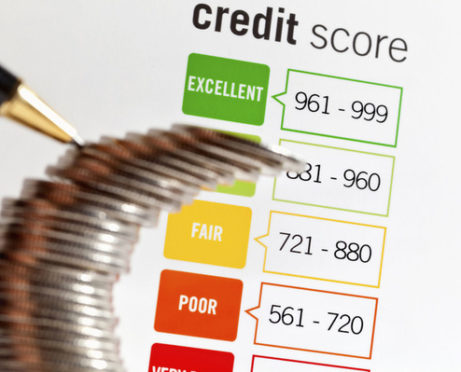
It took me three years to decide to make the leap into self-employment due to fear of the unknown. And when I did leap, initially, I experienced a hard landing. But then I got back up and dusted myself off and continued moving toward what I had dreamed up for myself.
I realized that my fears were similar to those of many other women. It was important to acknowledge the challenges of self-employment and why they're so scary, and then to identify ways to conquer and manage those fears.
Fear #1: Not Making Enough
I’ve read numerous articles touching on women’s financial fears. Fears of not making enough money and becoming homeless.
This is a legitimate concern, since the United States has a homelessness problem and many people are living uncomfortably close to the financial edge.
Thankfully, there are a number of ways to combat this challenge prior to becoming self-employed:
- Earn more: Work hard to get promoted in your current position and use the extra income for savings. As you grow your business, be clear about your income-related goals. Look out for projects that pay more and take less time. Always offer increased value to your clients via the services and goods that you’re providing.
- Cut your expenses: Work hard to manage your cost of living. If you’re in a more expensive area, look into housing alternatives such as having a roommate, downsizing, or taking a job that covers housing costs.
- Spend less: Take time to develop a more mindful money mindset. What are you spending your money on? Is it important to you? Do a no-spend challenge to see what your spending triggers are and learn how to manage them. Having a clear idea of your spending triggers before you become self-employed will help you when you encounter stressful moments as an entrepreneur.
Fear #2: How to Save for Retirement?
 Many would-be entrepreneurs are hesitant to make the switch to self-employment because they are currently receiving retirement benefits from their employer.
Many would-be entrepreneurs are hesitant to make the switch to self-employment because they are currently receiving retirement benefits from their employer.
Manage Your Retirement Savings Plan — Start by Getting Your Free 401(k) Analysis >>
I was concerned about this issue, as well. It took time and a lot of research to figure out how to approach retirement savings as an entrepreneur. Thankfully, we're in the age of the internet.
For women considering becoming self-employed, planning for retirement doesn’t have to be scary. There are plenty of retirement-savings products that are fairly easy to research and manage online from the comfort of home. The following are some examples of products that entrepreneurs can use to grow their retirement savings:
- Roth IRA: This is a retirement savings vehicle that is opened with already taxed income. The great thing about a Roth is that individuals won’t be taxed when they withdraw their funds after age 59 ½.
- Simplified Employee Pension, or SEP IRA: These plans tend to have higher contribution limits based on a percentage of the person’s overall income. Self-employed individuals are also able to open a SEP.
- Traditional IRA: This is somewhat similar to a Roth. However, with a traditional IRA, contributions are typically taxed upon withdrawal.
The key to using these options is to work with a well-vetted financial professional and to make sure that you are continuously educating yourself on how to manage your money. Don’t give your financial power away because you don’t understand what’s going on with your money.
Bottom Line on Dealing With the Challenges of Self-Employment
If you don’t have a healthy amount of fear going into self-employment, then you may not be ready to work for yourself. Fear is what motivates people to strive harder and push past their comfort zones. It's what has kept me moving toward my goals for the past year. But it doesn’t have to paralyze you — it can be a great motivational tool.
If you’re experiencing fear, you’re also experiencing a level of respect for the risk it takes to be self-employed. When you acknowledge these feelings, you’ll then be able to manage them when you decide to take the leap.
Save Toward an Emergency Fund With a Money Market Account — Get Started >>










